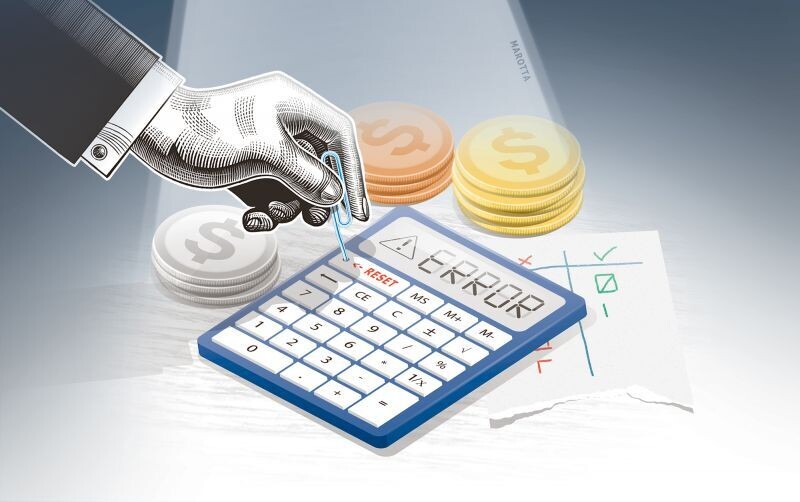
In the context of the tax reform, it is established that imported services must self-report the Value Added Tax (VAT) within 10 business days following the occurrence of the taxable event. Additionally, in the following month, this amount must be considered as a tax credit.
Regarding taxes, there is discussion about when the Government could eliminate the five worst taxes and what factors influence this decision. The debate is between reducing companies' labor costs or improving the social security system and the healthcare regime. The Argentine tax system aims to tax the activities of the real economy more than virtual operations.
On the other hand, provinces continue to apply the Stamp Tax. Regarding income taxes, such as the income tax, they are based on progressive rates for both individuals and companies. It is established that holdings must be valued at their acquisition cost as of December 31 of each year.
In terms of the declaration of personal assets such as digital currencies and crypto assets, this is done through the “Personal Assets web” tax identification service. Profits earned from the sale of crypto assets or digital currencies are subject to income tax, and the way to declare them and the rate to apply depend on the taxpayer.
Digital services provided via the internet or technological platforms are subject to VAT. The AFIP considers that crypto assets are taxed under the Personal Assets Tax. However, it is clarified that the provision of intermediary services in the buying and selling of crypto assets is subject to VAT.
In the tax arena, there is ongoing discussion about how to tax the digital economy and cryptocurrencies, and how to improve the tax system to make it fairer. Tax changes over the last few decades have sought to increase revenue without achieving a substantial improvement in the system.
The tax burden remains a concern for businesses and taxpayers, especially regarding the double taxation of taxes such as VAT and Gross Income. There is a need to recognize inflation in taxes and to avoid excessive tax prepayments that generate credits. Fiscal stability and the constant modification of tax rules are also aspects to consider in the tax discussion.














